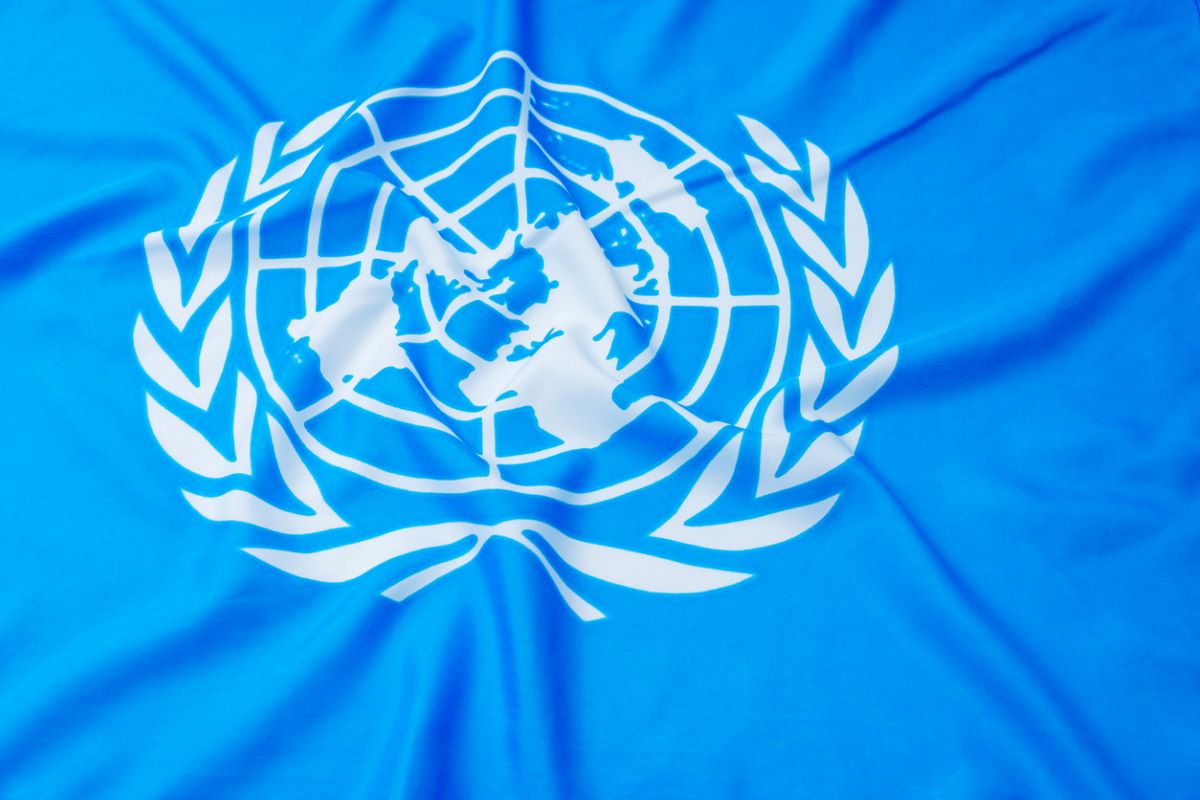UN chief urges efforts to end crisis in Congo
UN Secretary-General Antonio Guterres has called for more efforts to end the crisis in the eastern Democratic Republic of the Congo (DRC).
Four UN Special Rapporteurs voiced their concerns about China’s assimilationist policies threatening the existence of Tibet’s language, culture, and religion.

(iStock photo)
The Central Tibetan Administration (CTA) and Tibetans in-exile have welcomed the UN human rights experts’ communication raising concern over the Chinese government’s colonial-style residential schools and its assimilationist impact on Tibetan cultural and national identity.
Four UN Special Rapporteurs voiced their concerns about China’s assimilationist policies threatening the existence of Tibet’s language, culture, and religion.
Advertisement
“…We would like to bring to the attention of your Excellency’s Government information we have received concerning what appears to amount to a policy of acculturation and assimilation of the Tibetan culture into the dominant Han Chinese majority, through a series of oppressive actions against Tibetan educational, religious and linguistic institutions, in contradiction with the right to freedom of religion and belief, the right to education and cultural rights of the Tibetan people,” UN Special Rapporteurs wrote in a letter to then-Chinese foreign minister Wang Yi in November last year.
Advertisement
These UN experts raised serious concerns over China’s vast network of colonial boarding schools in Tibet while also asking several questions to China about its “policy of acculturation and assimilation of the Tibetan culture.
Human rights group estimate that nearly one million Tibetan children, ages ranging from 4 to 18, are currently forcibly enrolled and placed in Chinese boarding schools in Tibet away from their families, depriving them of the opportunity and the space to learn and acquaint themselves with their own religion, culture, and language.
Tenzin Lekshay, spokesperson of the Tibetan government-in-exile said there is a very systemic practice that China has been enclosing to assimilate Tibetan people and Tibetan culture under the framework of second-generation policy which intends to marginalize the Tibetan language and Tibetan culture.
“Therefore, the colonial boarding schools, there are a lot of reports coming out which says that over a million Tibetan children are put up in boarding schools where they were introduced Mandarin courses and they were taken away from the Tibetan language and Tibetan culture so it was being very restrictive and they were not allowed to go to their parents during vacations,” he added.
Lekshay said the Tibetan children are facing psychological and emotional traumas. And therefore, he said UN expert concerns are timely CTA welcomes concerns shown by the special Rapporteurs and we felt that China needs to consider the voice of the people.
Gompo Dhondup, president of the Tibetan Youth Congress also welcomed the United Nations’ interference and thier concern about the Chinese continued assimilation into mainland China.
“From the very beginning we urge the United Nations and international agencies to look after the systematic Chinese assimilation especially in the Chinese colonial education system so we showed our dissatisfaction and meanwhile we requested the international community to raise voices in support of Tibetans to call up so-called colonial boarding schools so now we highly welcome the support shown by the United Nations,” he said.
Advertisement